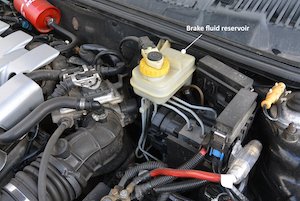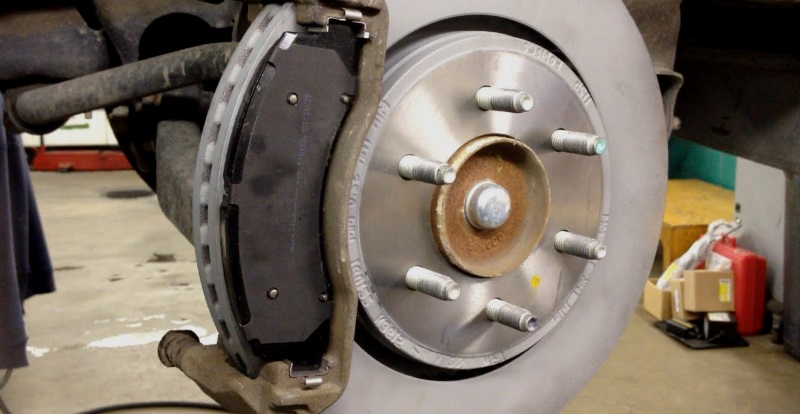Had your brakes suddenly lock up while crawling through Rototuna traffic or just after dropping the kids to school in Hillcrest? Bit terrifying, isn’t it? It’s one of those problems we see quite a bit in Hamilton, especially with all the stop-start on places like Ulster Street or busy stretches near The Base. Brakes locking up isn’t something to ignore. There’s a few different reasons this can happen, and I’ll run you through the main ones we see here in the workshop, whether you drive down from Cambridge, Ngaruawahia, Te Awamutu, or just pop in from town.
Why Do Car Brakes Lock Up?
Let’s keep it simple. Locked brakes usually mean something’s out of sorts inside your car’s braking system. Here are the big ones we see, with a few tales from under the hoist:
Overheated brakes: In Hamilton, with our long, hot stints during summer and that stop-go around Five Cross Roads, it’s easy to cook your brakes. We get plenty of folks in with older Mitsubishi Outlanders or late-model Corollas, complaining of spongy pedals after a big run over the Kaimais or heaps of emergency stops. Overheating happens from too much friction – sometimes just normal city driving in the heat, or if something’s stuck or dragging. It’s a classic reason brakes seize up. If you want more info, check out this guide on brake overheating.

Braking system with brake fluid reservoir pictured.
Wrong or low brake fluid: You’d be surprised how often someone has accidentally topped up with the wrong brake fluid at a servo, especially in vehicles like Suzuki Swifts or even those quirky Citroens that pop in now and then. Cheap fluid, mixed up types, or just too low – your brakes start acting up, and next minute, you’re stuck at a light on Peachgrove Road with the pedal jammed. Always get the fluid checked properly if you’re not sure what’s in there.
Misaligned brake booster rod: Had an owner of a Nissan Qashqai in from Morrinsville, she’d had the brakes “feel funny” after a backyard repair job. Turned out the power brake booster rod was a bit skewed. That little rod behind your pedal does a lot, and if it’s off, you get the kind of lock-up that makes for a scary stop at Borman Road roundabout.
Damaged drum brake backing plates: Not as common these days, but we still get a few older Mazda Demios and even the odd Toyota Hiace van here that run drum brakes on the rear. If the metal backing plate is bent or rusty from all those winter puddles near St Andrews, that can jam the shoes against the drum. Bang, brakes lock. Usually sounds awful too.
Sticky calipers or buggered rotors: One of our techs just sorted a Hyundai i30 for a customer from Chartwell, the front caliper was sticking after hitting a massive pothole out past Tamahere. When calipers seize, the brake pads don’t pull away from the spinning disc and you end up feeling like you’ve got the handbrake on, even when you haven’t touched it.
Dodgy ABS units: More modern stuff – like newer Kia Sportages, some of those European Audis and BMWs – uses clever ABS to stop you skidding in the wet (which, let’s be honest, we get plenty of in Hamilton winters). A dodgy ABS module, usually after a dash warning light, can sometimes go the other way and lock everything solid. Real headache to sort without the right gear, but we see it here and there.
Sorting Locked Brakes in Hamilton
If you’ve had your brakes jam up at an intersection or heading over the Waikato River bridge, don’t muck around. Book it in or swing by. Proper brakes mean safe driving – not just for your WOF Hamilton, but for everyone else on the road too. Whether it’s something gnarly under the bonnet or you just want a fresh set of pads, we’re set up to fix it – European cars, hybrids, classics, whatever. More brake info here.
Already had enough drama with locked-up brakes? Trust Grimmer Motors for a quick, straight-shooting brake diagnosis. No fuss, no guessing, just proper NZ know-how and some of the most experienced car service Hamilton has to offer.
Need brake servicing, repairs, or a checkup in Hamilton? Give us a bell or just drop in. We’re always happy to help get you back on the road, safe and sound.

